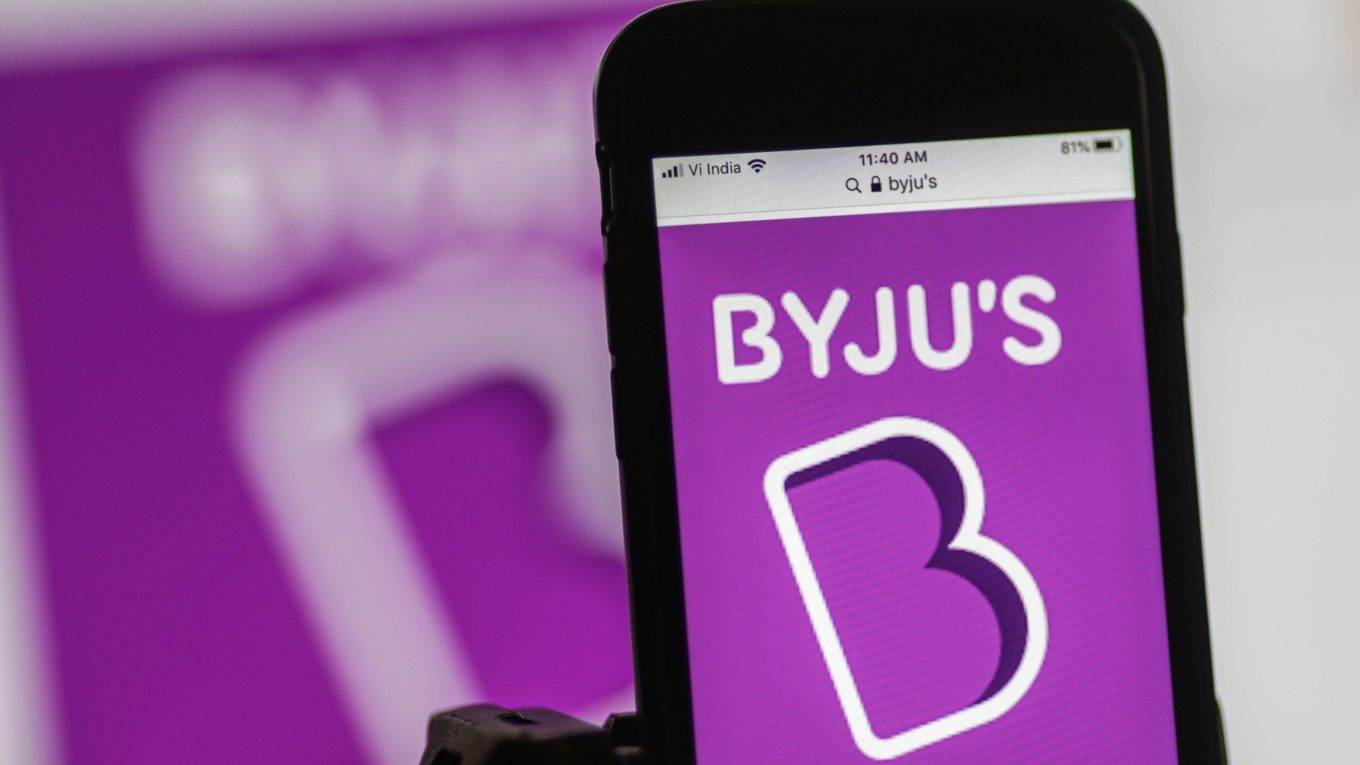Edtech major Byju’s loses unit in US, gains Ranjan Pai as an ally in Aakash
Two days before Diwali, Byju Raveendran, the eponymous founder of education technology startup Byju’s, has a crackle and a fizzle in his hands. First came the fizzle.
In the wee hours of Friday, news agency Bloomberg reported that Byju’s was set to lose control over its unit, Byju’s Alpha, a special purpose vehicle formed for financing purposes. A judge in Delaware, in the United States, concluded that lenders to Byju’s had properly cited a default on a $1.2 billion loan.
This gave the lenders, which include Redwood Investments LLC and Silver Point Capital LP, the right to replace Riju Raveendran, the founder’s brother, from Alpha’s board.
Hours later came the news of a development unrelated and in contrast to the US court ruling that would have made Byju Raveendran (pictured) heave a sigh of relief. Ranjan Pai, chairman of Manipal Education and Medical Group, has reportedly stepped in with a Rs 1,400 crore deal to buy out the debt investment of Davidson Kempner in Byju’s.
Byju’s had taken a Rs 2,000 crore loan from Davidson Kempner, an investment management firm, in May 2023 that was linked to Byju’s subsidiary, Aakash Educational Services Ltd (AESL). Byju’s declined to comment.
However, people familiar with the matter say Pai’s investment is in AESL and will help Byju’s repay the loan from Davidson Kempner. “Pai is partnering with Byju Raveendran in steering the tutorial chain forward,” said a person with knowledge of the development.
Byju’s loans have become a millstone around its neck after the so-called funding winter set in and the company struggled to raise funds. Its valuation, once pegged at $22 billion, has been plunging with investors marking down their holdings.
Meanwhile, Byju’s has been at loggerheads with investors in the US, which have accused it of violating contracts. Byju’s refused to make an interest payment of $40 million in June and, the same day, said in a New York court that the lenders were manufacturing a fake debt crisis.
